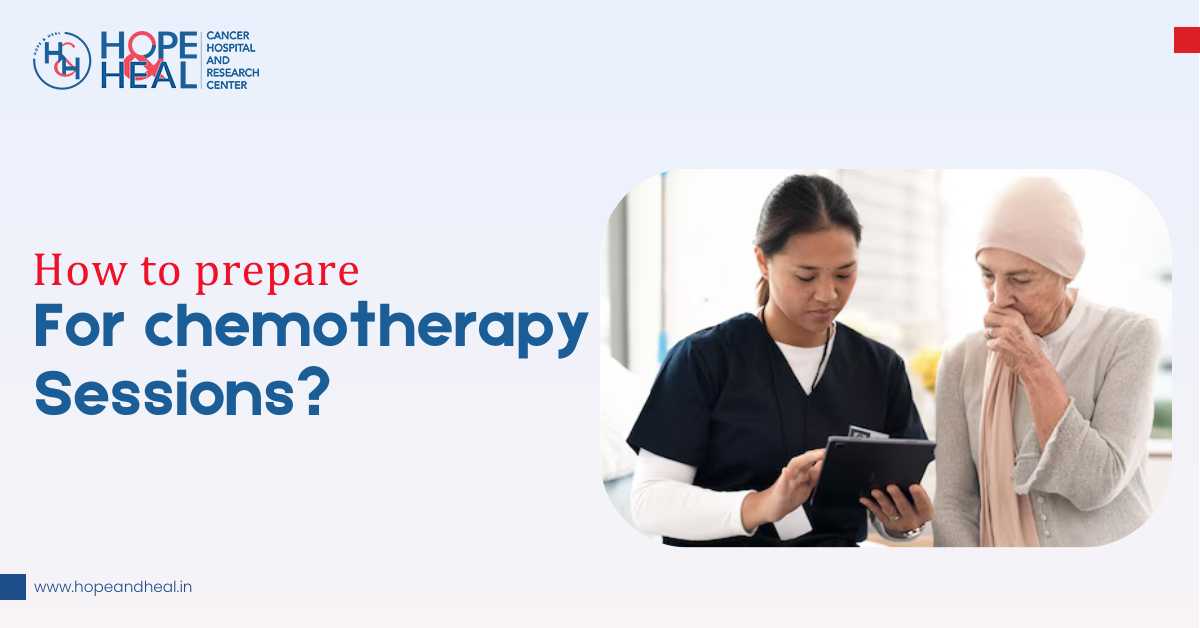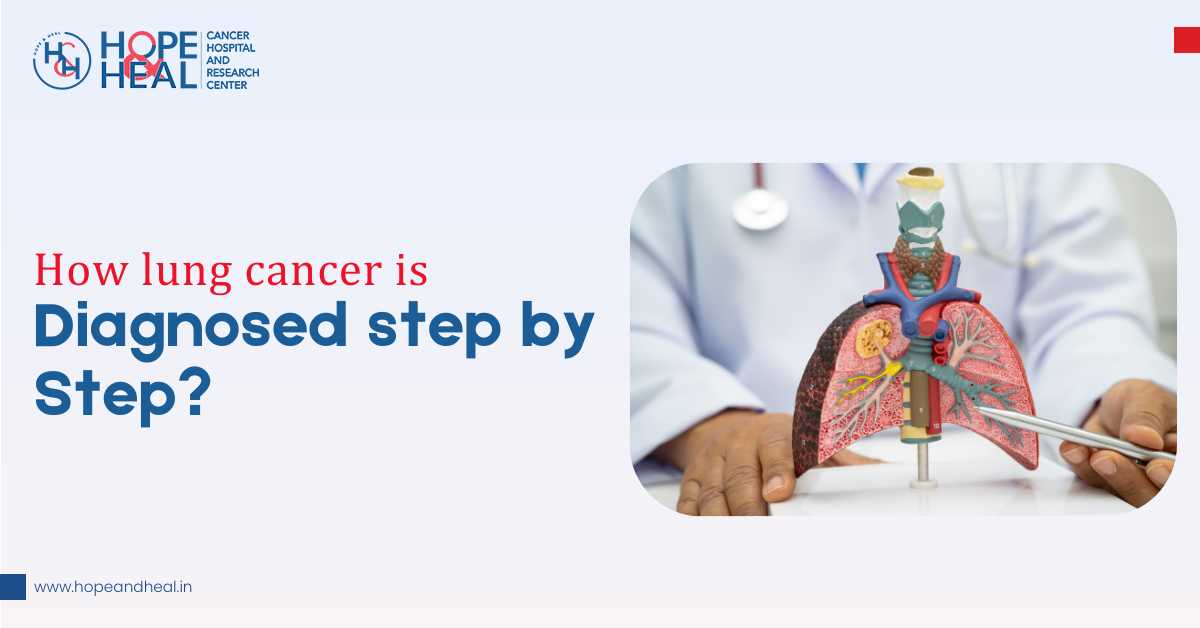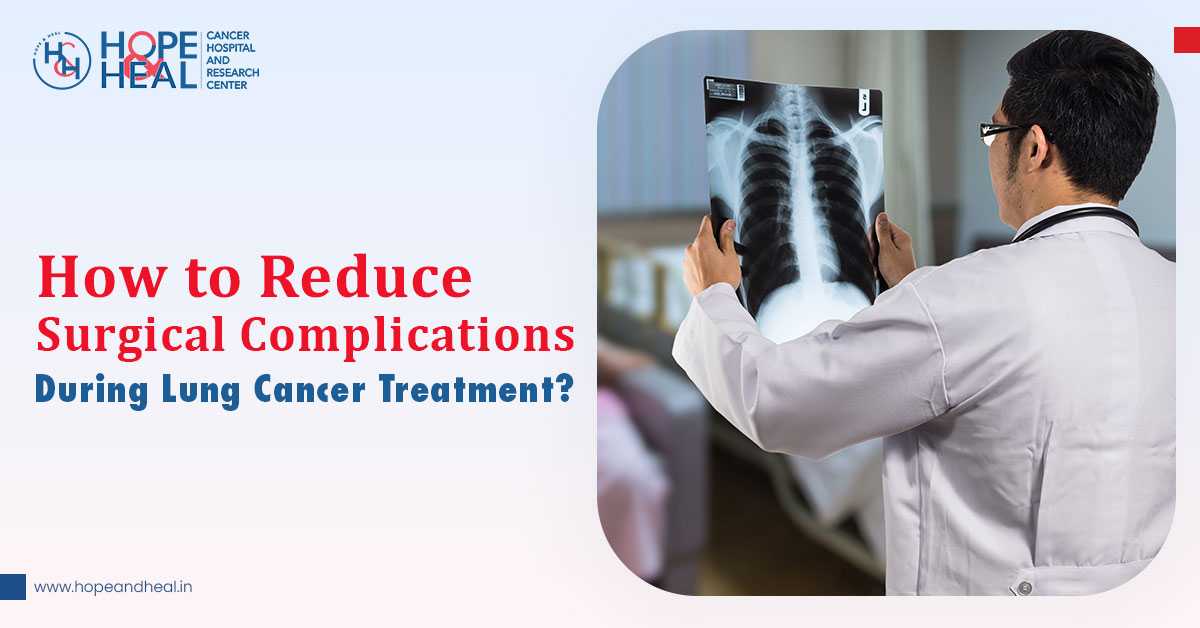Have you ever wondered why some people find cancer early, while others don’t? The answer often comes down to early screening. People looking for cancer treatment in Siliguri are now realizing how important it is to detect cancer before it becomes serious.
We often take our health for granted until something reminds us how precious it is. When it comes to cancer, early detection can truly save lives. Screening tests help find problems before symptoms appear, but not every test is needed for everyone.
With so many types of cancer and different tests available, it’s easy to feel unsure. Some people go for every test they hear about, while others avoid them out of fear. The right way is to stay balanced and choose the tests that truly match your health and situation.
Understanding What Cancer Screening Really Means
Cancer screening simply means getting tested before any signs of illness appear. The idea is to find anything unusual early, when treatment can work best.
For example, a mammogram can spot changes in breast tissue before you can feel a lump. A Pap test can catch abnormal cells in the cervix long before they turn serious. A colonoscopy can find small growths in the colon before they become dangerous.
These tests are not for people who are sick; they’re for people who want to stay healthy and prevent problems before they start. But that doesn’t mean you should take every test available. The goal isn’t to do more tests, it’s to do the right ones.
Why It’s Important to Choose Your Screening Tests Wisely?
Every person’s body is different. The kind of screening that’s right for you depends on your age, your family history, and your lifestyle. For instance, someone who smokes might need a lung scan, while someone who doesn’t smoke probably doesn’t need it at all. A woman in her 20s doesn’t need a mammogram yet, but she might need a Pap test.
Choosing wisely means understanding your personal risk and not following general advice blindly. It’s about getting tests that make sense for you, not just doing what everyone else does.
The Most Common Cancer Screening Tests You Should Know About
Here’s a simple look at the screening tests most doctors recommend and what they’re used for.
Breast Cancer
A mammogram is an X-ray that checks for early signs of breast cancer. Most women start around age 40, though it can be earlier if there’s a family history. It takes only a few minutes and can detect cancer long before symptoms appear.
Cervical Cancer
The Pap test checks for early cell changes in the cervix. Women should begin this test around age 21 and repeat it every few years. It’s quick, painless, and can prevent one of the most common cancers in women.
Colorectal Cancer
This type of screening looks for cancer in the colon or rectum. Doctors may suggest a colonoscopy or a simple stool test, usually starting around age 45. If you have a family history of colon problems, your doctor might recommend starting sooner.
Lung Cancer
Lung screening is mainly for people who currently smoke or have smoked heavily in the past. It’s done using a low-dose CT scan, which checks the lungs for any early signs of cancer. For non-smokers, this test usually isn’t needed.
Prostate Cancer
Men over 50 may discuss prostate screening with their doctor. The test measures PSA levels in the blood. Sometimes, high levels don’t mean cancer; they can rise for other reasons too, so this test should always be done after proper consultation.
Skin Cancer
This one is simple; it’s a check-up of your skin by a doctor. It helps detect unusual moles or spots early. If you spend a lot of time in the sun or have very fair skin, regular checks are a good idea. You can also do self-checks at home by looking for any new or changing marks.
How to Decide Which Screening Tests You Actually Need?
The smartest way to choose the right tests is to talk openly with your doctor and understand your risks. Here’s what can help you make that decision:
1. Know your family history. Has anyone in your family had cancer? If yes, which kind and at what age? This can guide what tests you might need earlier than usual.
2. Think about your habits. Smoking, drinking, diet, and lack of physical activity can raise your risk. Being aware of your lifestyle helps doctors suggest the right screening plan.
3. Consider your age and gender. Some cancers are more common at certain ages or in specific genders. Your doctor will adjust your screenings accordingly.
4. Ask questions. Don’t hesitate to ask your doctor why a certain test is needed, how it’s done, and how often you should repeat it.
Always remember, doing too many tests can sometimes lead to unnecessary worry or procedures. It’s better to get the right test at the right time than to do everything all at once.
Reasons Why Too Much Testing Isn’t Always a Good Thing
It’s easy to believe that more testing means better safety. But that’s not always the case. Too much testing can sometimes create confusion. For example, a test might show an abnormal result even when there’s nothing serious, which can cause stress, more tests, and even unnecessary treatment.
The goal is not to check everything, but to check what truly matters. Screening should always be done with proper medical advice, not fear or guesswork.
Health is not about doing more; it’s about doing what makes sense for you.
How Lifestyle Choices Can Lower Your Cancer Risk?
While screening helps find problems early, it’s not the only way to stay healthy. A lot can be done through simple lifestyle habits that lower your risk of cancer in the first place.
Here are some small but powerful habits:
- Eat fresh and natural foods. Fill your plate with fruits, vegetables, and whole grains. Limit junk food, fried items, and sugary snacks.
- Stay active. Even a 30-minute walk daily helps your body stay strong and boosts your immune system.
- Avoid smoking. Quitting tobacco is the best thing you can do for your heal
- Limit alcohol. If you drink, keep it occasional and moderate.
- Protect your skin. Wear sunscreen and try to avoid strong sunlight in the middle of the day.
- Sleep well and manage stress. A calm mind keeps your body stronger and more balanced
These habits, along with timely screening, give your body a better chance to stay healthy for years to come.
Facing the Fear and Anxiety Around Screening Tests
Many people delay screening because they’re scared of what might be found or worried the test will hurt. That’s completely understandable. But remember, screening is not about finding something bad. It’s about making sure you’re okay, and if something small is found, treating it early before it becomes serious.
Try to see screening as a positive step, something you do because you care about yourself and your future. If you feel nervous, talk to your doctor beforehand. Ask what will happen during the test so you know what to expect. Most screenings are quick, simple, and often painless.
How Often Should You Get Screened for Cancer?
There isn’t one fixed schedule that fits everyone. It depends on your age, gender, and personal risk. Some tests are needed every year, others only once every few years. Your doctor can help plan the right timeline for you.
The key is to start at the right time and stay consistent. Skipping screenings for years and then suddenly doing them all together doesn’t help much. Regular check-ups done on time are far more effective than last-minute ones.
Why Take Responsibility for Your Own Health?
Good health doesn’t happen by chance, it happens when you take responsibility for it. Screening is just one part of that responsibility. Eating well, exercising, avoiding harmful habits, and listening to your body are just as important.
If something doesn’t feel right, don’t ignore it. You don’t have to wait for a big problem to take action. Small steps like getting a check-up, going for your screening, or adjusting your lifestyle all count.
Remember, you’re not doing this out of fear. You’re doing it out of self-care.
Stay Aware, Stay Proactive, Stay Healthy
Cancer is a scary word, but it doesn’t have to take over your life. Regular screening gives you the power to stay one step ahead. The key is balance; don’t do too many tests out of fear, and don’t ignore them either. Just find what’s right for you.
Listen to your body and talk openly with your doctor. Ask questions, stay aware, and make choices that keep you healthy. You don’t have to be perfect, just consistent with your care.
If you ever need the right guidance or safe screening options, Hope & Heal Cancer Hospital is here to help you every step of the way. Choosing wisely today can bring you peace of mind for many years to come.
Comments (0)




